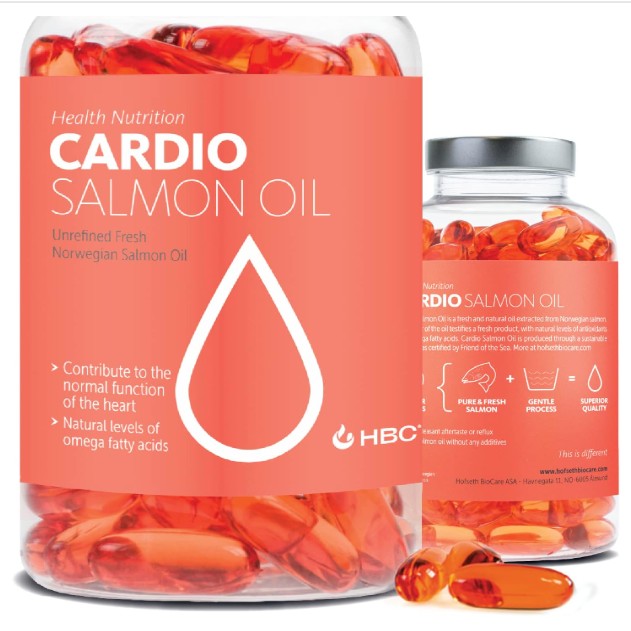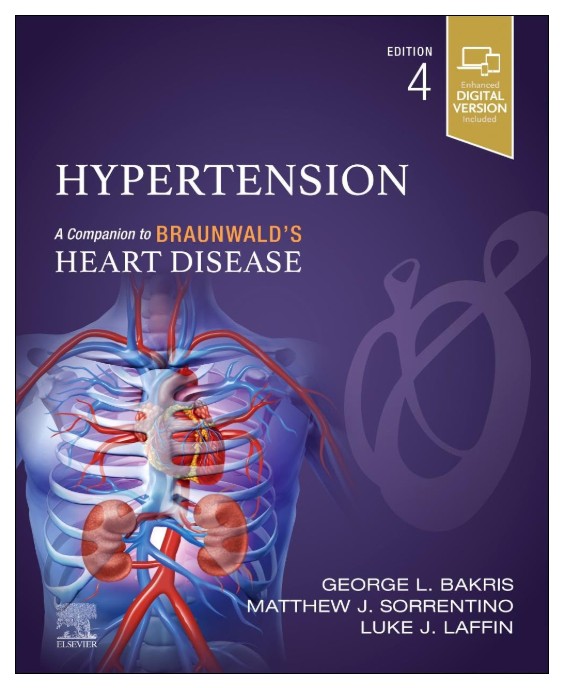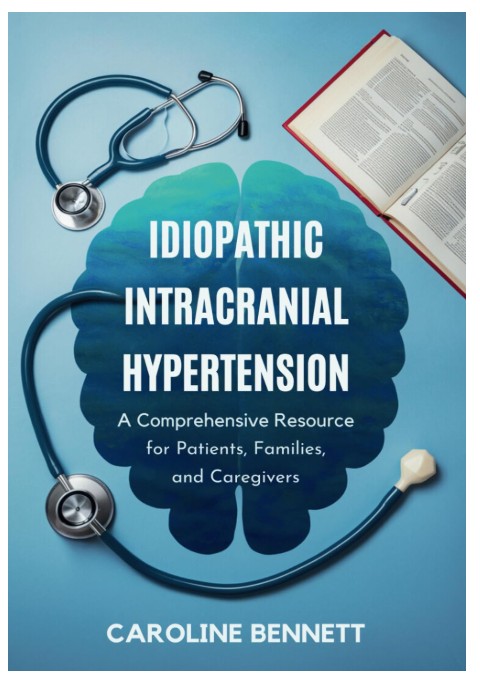Loxen, also known as Nifedipine, is a commonly used medication in the management of angina pectoris. Angina pectoris is a clinical syndrome characterized by discomfort or chest pain due to ischemic heart disease. It arises when there is an imbalance between myocardial oxygen supply and demand. The primary goal of angina treatment is to alleviate symptoms, improve quality of life, and prevent future cardiovascular events such as heart attack.
Loxen belongs to the class of calcium channel blockers (CCBs) that work by inhibiting the influx of calcium ions into vascular smooth muscle cells. This inhibition results in vasodilation or widening of blood vessels, which subsequently increases the oxygen supply to the heart while reducing its workload.
Several clinical studies have demonstrated Loxen’s efficacy in managing angina symptoms. It has been shown to significantly reduce both the frequency and severity of angina attacks. Moreover, it improves exercise tolerance and decreases nitroglycerin consumption among patients with chronic stable angina.
Loxen can be used alone or in combination with other anti-anginal medications like beta-blockers or nitrates. It is particularly useful for patients who cannot tolerate beta-blockers due to contraindications such as asthma or chronic obstructive pulmonary disease (COPD).
Despite its benefits, Loxen should be used cautiously due to potential side effects. These may include headache, flushing, dizziness, peripheral edema (swelling), and reflex tachycardia (increased heart rate). In rare cases, it can cause a severe drop in blood pressure known as hypotension.
To optimize treatment outcomes with Loxen, individual patient characteristics and comorbidities should be taken into consideration. For instance, elderly patients may require lower doses due to decreased renal function.
In conclusion, Loxen has proven its efficacy in managing angina pectoris, significantly reducing the frequency and severity of angina attacks. Its role in improving exercise tolerance and decreasing nitroglycerin consumption further underscores its value in angina management. However, like all medications, it should be used judiciously with careful consideration of potential side effects and individual patient factors. As always, the ultimate goal is to improve patient quality of life and prevent future cardiovascular events.



